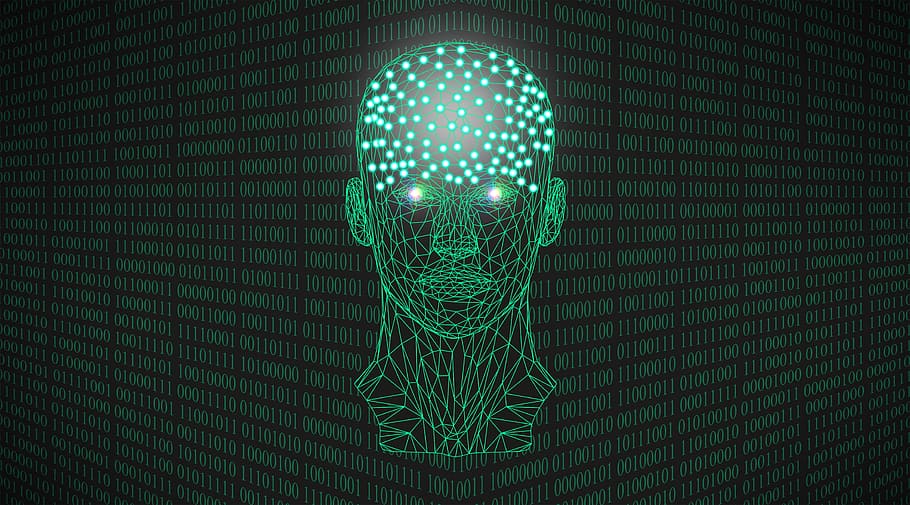
In the realm of artificial intelligence (AI), there’s a new and concerning frontier emerging: AI voice cloning. While this technology offers incredible potential for a range of applications, it also poses a significant threat when it falls into the wrong hands. In this 600-word article, we’ll explore the world of AI voice cloning and its connection to the growing concern of deepfakes.
The Rise of AI Voice Cloning
AI voice cloning is the process of using deep learning algorithms to replicate human voices. It goes beyond basic text-to-speech technology, aiming to create voices that sound remarkably human-like. This technology has been on the rise, driven by advancements in AI and speech synthesis.
Understanding Deepfakes
Before we delve deeper into AI voice cloning, it’s essential to understand the concept of deepfakes. Deepfakes involve the use of AI to create highly convincing fake videos or audio recordings, typically by swapping faces or voices. These deepfake technologies can mimic people’s appearances and voices with frightening accuracy.
AI Voice Cloning in Action
Imagine a scenario where someone can create a fake audio recording of a public figure, politician, or celebrity saying something they never said. AI voice cloning makes this possible. It can mimic their voice, tone, and speech patterns to the point where it becomes challenging to distinguish between the real and the fake.
Implications of AI Voice Cloning
The implications of AI voice cloning are far-reaching:
1. Misinformation and Deception
AI voice cloning can be used to create fake audio recordings for the purpose of spreading misinformation, defamation, or disinformation. This can have serious consequences in the political, social, and business spheres.
2. Privacy Concerns
Individuals’ voices are now at risk of being cloned without their consent. Privacy concerns arise when anyone can generate audio content in someone else’s voice, potentially causing reputational damage or personal harm.
3. Impersonation
Impersonation becomes easier with AI voice cloning. Malicious actors can pose as someone else through phone calls or audio messages, leading to fraudulent activities, scams, or harassment.
4. Security Threats
AI voice cloning can be a significant security threat. It can be used to deceive voice recognition systems, bypass security measures, or gain unauthorized access to sensitive information.
Deepfakes and AI Voice Cloning
AI voice cloning and deepfakes are closely related. Deepfake videos often require authentic-sounding voices to make them more convincing. AI voice cloning provides the perfect tool for generating these voices.
Ethical Dilemmas
The rise of AI voice cloning raises important ethical questions:
1. Consent
Should it be mandatory to obtain explicit consent from individuals before their voices are cloned and used in AI systems?
2. Regulation
How can governments and institutions regulate the use of AI voice cloning to prevent malicious activities?
3. Authentication
As deepfake technology evolves, how can we ensure the authenticity of audio recordings and videos in the digital age?
Combating the Threat
While AI voice cloning and deepfakes pose significant challenges, there are ways to combat the threat:
1. Technology Development
Develop advanced AI systems that can detect fake audio recordings and deepfakes. Researchers are already working on AI algorithms designed to spot inconsistencies in such content.
2. Public Awareness
Educate the public about the existence of deepfakes and AI voice cloning. Encourage individuals to be cautious when accepting audio recordings or videos as genuine.
3. Legal Frameworks
Establish clear legal frameworks that define the boundaries of AI voice cloning and deepfake technology. These regulations should include penalties for malicious use.
4. Verification Tools
Develop user-friendly tools and apps that allow individuals to verify the authenticity of audio recordings and videos.
Conclusion
AI voice cloning may be the new frontier of deepfakes, but it doesn’t have to be a dystopian future. While the technology presents risks, it also offers tremendous potential for positive applications, such as improving accessibility or personalizing digital experiences. To harness the benefits of AI voice cloning while mitigating its risks, it’s crucial to strike a balance between technological advancement and ethical responsibility. In a world where the lines between real and fake are increasingly blurred, vigilance, regulation, and public awareness will be key in navigating this challenging terrain.